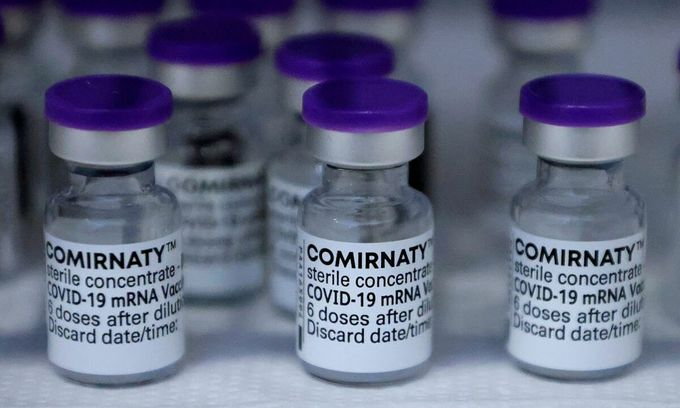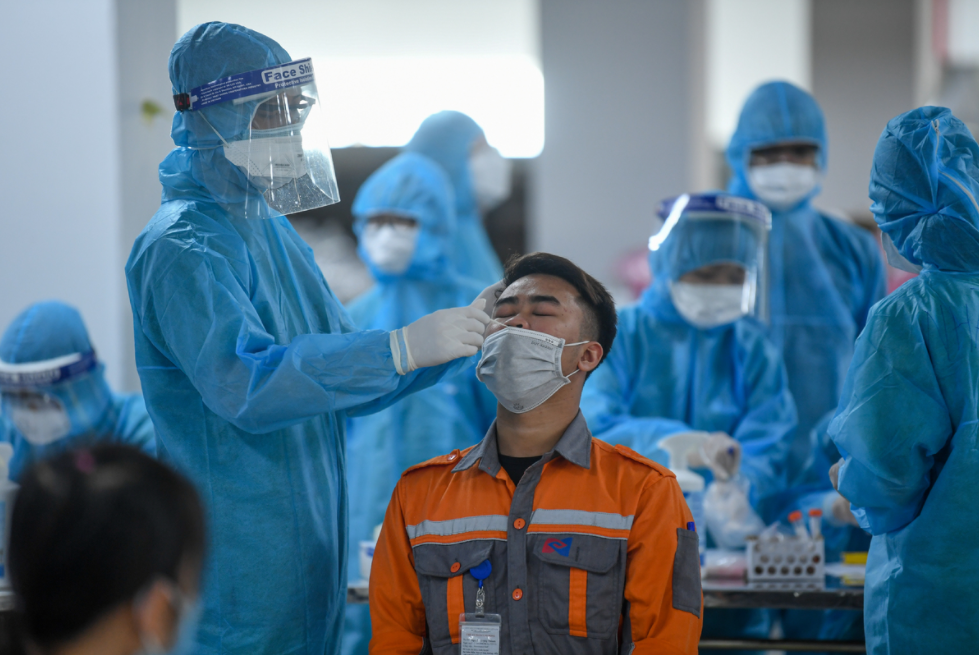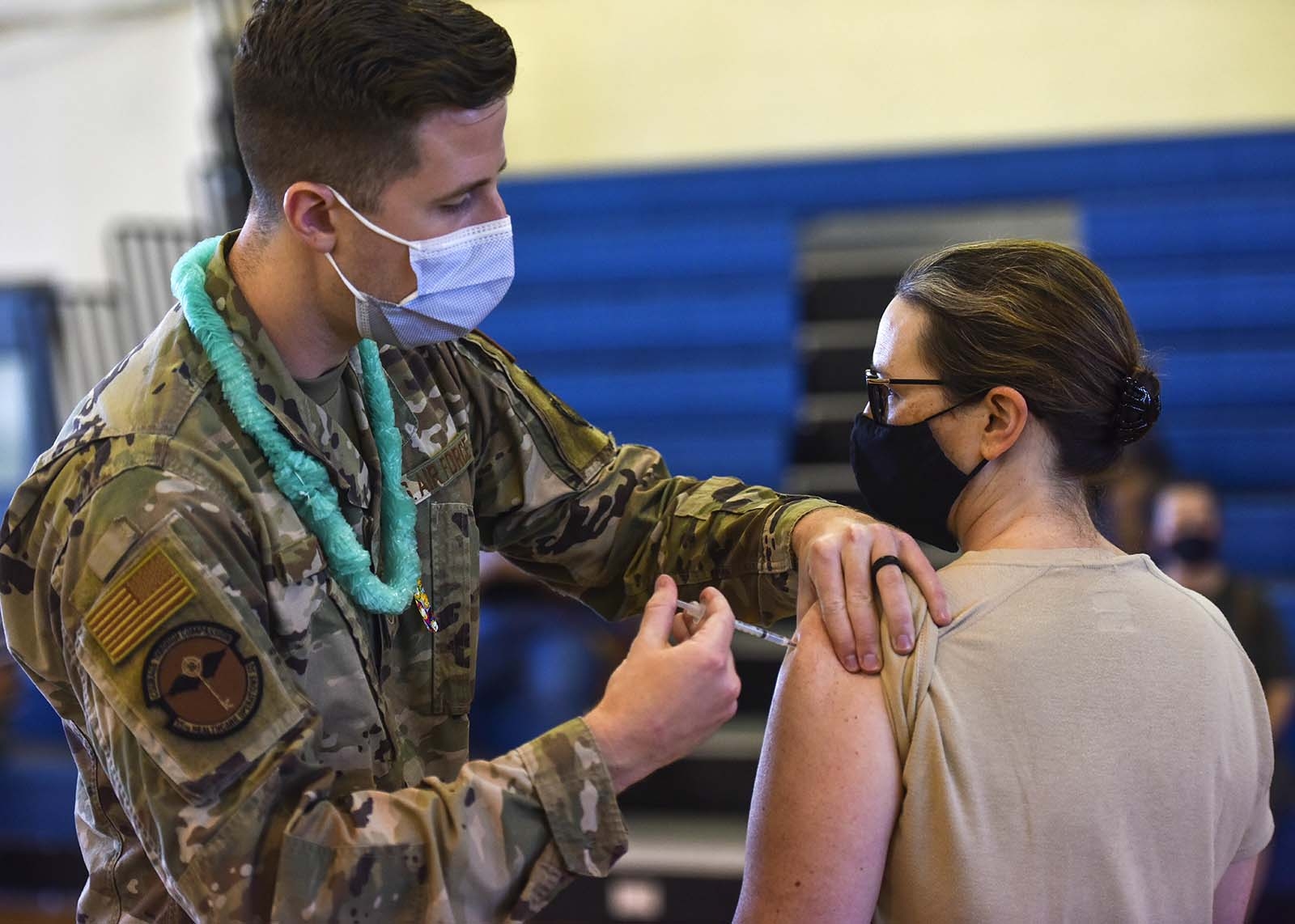Pfizer and AstraZeneca proved to be affective against India Covid variant
The analysis, carried out between 5 April and 16 May, found the Pfizer vaccine was 88% effective against symptomatic disease from the India variant two weeks after a second dose, compared with 93% effectiveness against the Kent strain. For its part, the AstraZeneca jab was 60% effective, compared with 66% against the Kent variant over the same period, according to The Guardian.
The difference in effectiveness between the two vaccines could be due to the rollout of second AstraZeneca doses taking place later than those for the Pfizer jab, PHE said on Saturday. Data suggests that it takes longer for the AstraZeneca jab to reach maximum effectiveness, so the protection it provides could increase further.
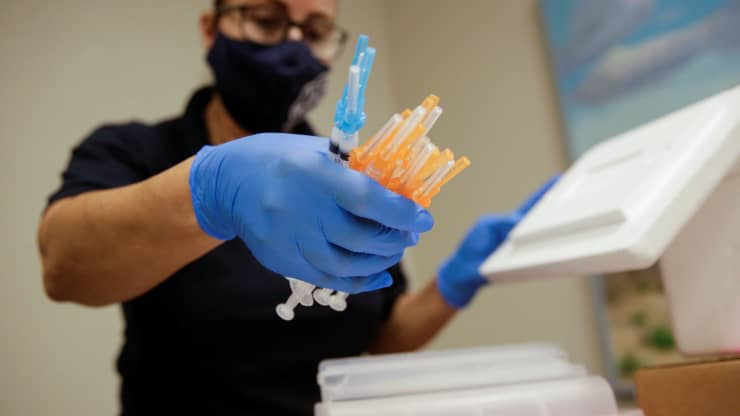 |
| A healthcare worker holds syringes with the Moderna and Pfizer vaccines against the coronavirus disease (COVID-19) at a vaccination centre, in El Paso, Texas, May 6, 2021. Jose Luis Gonzalez | Reuters |
“It is now clear how important the second dose is to secure the strongest possible protection against Covid-19 and its variants,” the health secretary, Matt Hancock, said. “Everyone should book their jab when offered.”
In addition to the protection offered against symptomatic Covid-19, PHE said it expected to see even higher levels of effectiveness against hospital admissions and deaths.
“This study provides reassurance that two doses of either vaccine offer high levels of protection against symptomatic disease from the B.1.617.2 [India] variant and we expect the vaccines to be even more effective at preventing hospitalisation and death,” said Mary Ramsay, head of immunisation at PHE.
This point was backed by Dr Susan Hopkins, Covid-19 strategic response director for PHE. “We have now got early evidence that the vaccine protects [against the India variant],” she said. “That’s really good news. What we are saying now is push the second dose and get as many people vaccinated as possible.”
It was also found that both vaccines were 33% effective against symptomatic disease caused by the India variant, three weeks after the first dose. This compared with about 50% effectiveness against the Kent variant.
The analysis was carried out on people from all age groups from 5 April to cover the time when the India variant emerged and included 1,054 people confirmed as having the variant through genomic sequencing.
Hopkins added that PHE would carry out further studies on a weekly basis and would advise government on its implications for the proposed relaxation of Covid restrictions next month.
Separate analysis by PHE indicates that the vaccination programme has so far prevented 13,000 deaths from Covid-19 and around 39,100 hospital admissions in older people in England, up to 9 May.
Variant of concern
The variant first discovered in India has been blamed for causing a dramatic third wave of infections in the country, overwhelming hospitals and causing thousands of deaths this spring. There were concerns that Covid vaccines could be rendered less effective by the variant so the latest data should help allay those worries, CNBC reported.
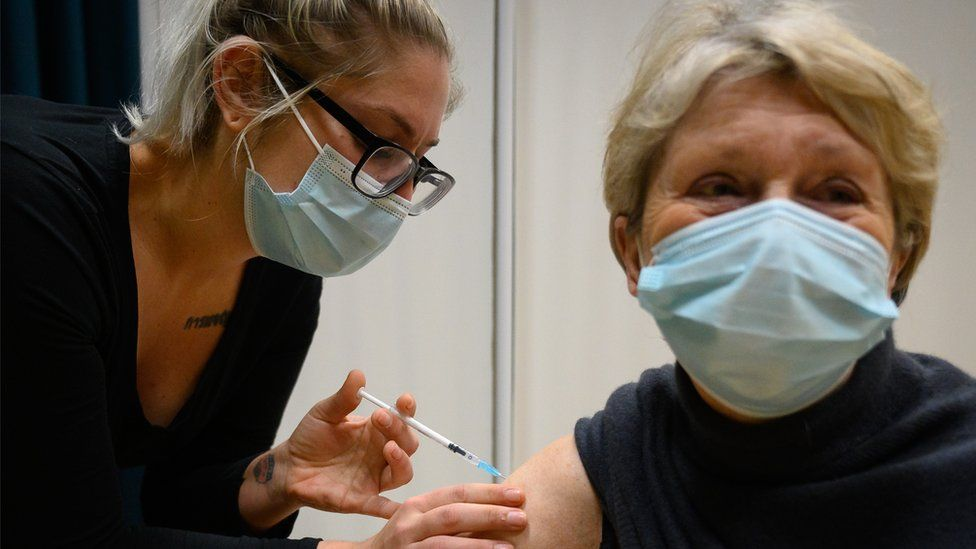 |
| Photo: Getty Images |
The India variant has been detected in numerous other countries now, according to the World Health Organization, which dubbed it a “variant of concern” in early May.
The PHE study analyzed data from 1,054 people, of all age groups and several ethnicities, confirmed as having the B.1.617.2 variant through genomic sequencing. The data was collected from April 5 and hence covers the period since the B.1.617.2 variant (one of three variant subtypes found in India) emerged in parts of the U.K.
Responding to the study, the U.K.’s health secretary, Matt Hancock, described the findings as “groundbreaking – and proves just how valuable our Covid-19 vaccination programme is in protecting the people we love.”
The U.K. has given more than 22 million people two doses of a Covid vaccine, while 72% of the population (or almost 40 million people) have had one shot, government data shows.
'Very reassuring'
As the virus changes, protection against infection was always going to be the first thing that slips.
So the fact that the Pfizer and AstraZeneca vaccines offer such a high degree of protection against the Indian variant after the second dose is very reassuring given experts expect it to become dominant.
But what are the implications of the drop in effectiveness of the first dose where the Indian variant is concerned?
Given it's expected to become the dominant variant in the UK, it's now even more important people get their second jab.
The more difficult question to answer is what this means for the speed of the route back to normality.
Its ability to evade the vaccines even by a small degree will be a factor in how more transmissible this variant is here.
There are also other biological reasons why it might find it easier to spread.
But this does not necessarily mean we will see a surge in cases and, crucially, hospital admissions - the protection vaccines give us against serious illness will be much much higher than their ability to block mild infections.
The Indian variant certainly gives the virus a bit more of an advantage, but it doesn't mean the vaccines won't win out.
The study looked at data from all age groups from 5 April, to cover the period since the Indian variant emerged.
There is not enough data to estimate how effective the vaccine is against severe outcomes for the Indian variant, PHE said.
Dr Jamie Lopez Bernal, consultant medical epidemiologist at PHE and the study's lead author, said there was higher confidence in the data from the first vaccine dose than that from the second as "there are bigger numbers that have been vaccinated with one dose".
Prof Susan Hopkins, PHE's Covid-19 strategic response director, said the data trend was "quite clear" and was heading in the "right direction".
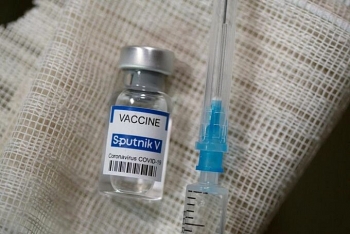 | Vietnam to produce Russian Sputnik V vaccine this year Once it has obtained the necessary technology for production, Vietnam will be capable of manufacturing the Sputnik V vaccine in the coming months |
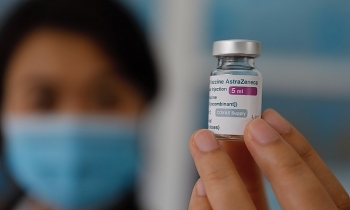 | PM: Vietnam has registered over 100 mln Covid-19 vaccine doses The batch will help speed up coronavirus vaccination coverage for the Vietnamese population |
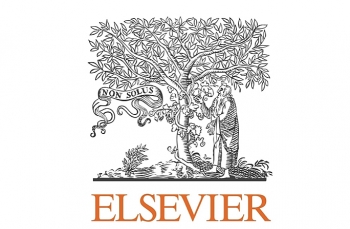 | Elsevier launches new India COVID-19 Healthcare Hub to help curb the spread of misinformation and support clinicians NEW DELHI, INDIA - News Direct - 21 May 2021 - Elsevier, a global leader in research publishing and information analytics, has launched its India ... |
Recommended
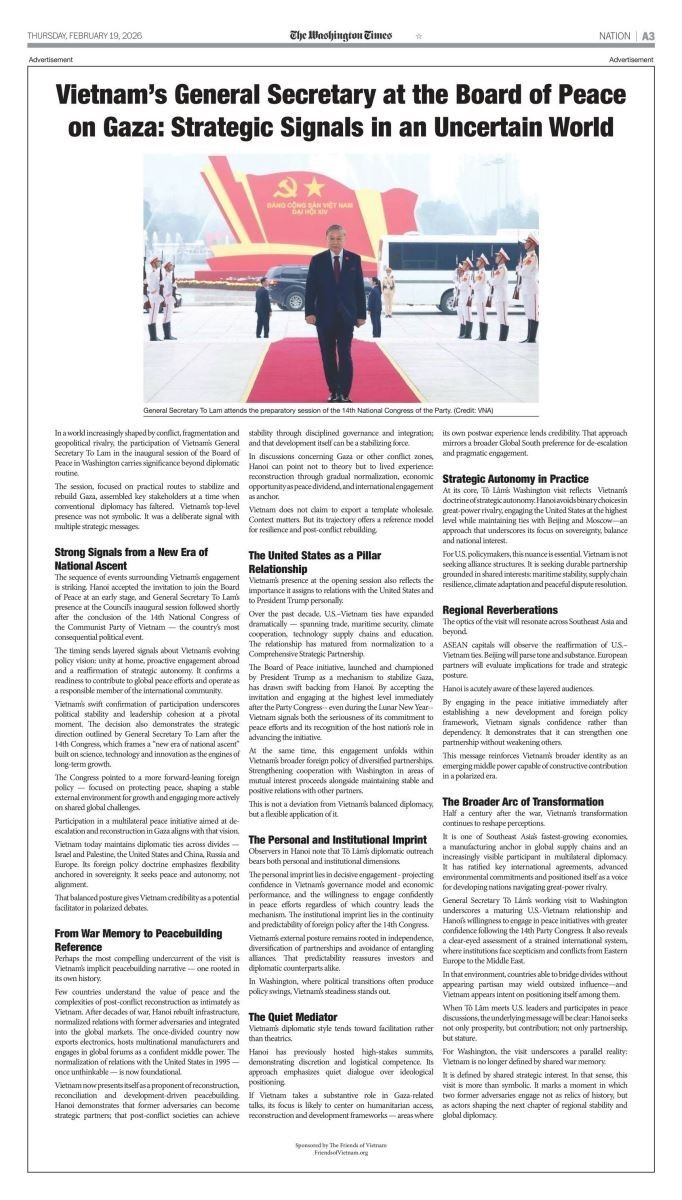 World
World
US Media Commend Vietnam’s Role in Global Peace Efforts
 World
World
Vietnam Officially Becomes Association Country of International Energy Agency (IEA)
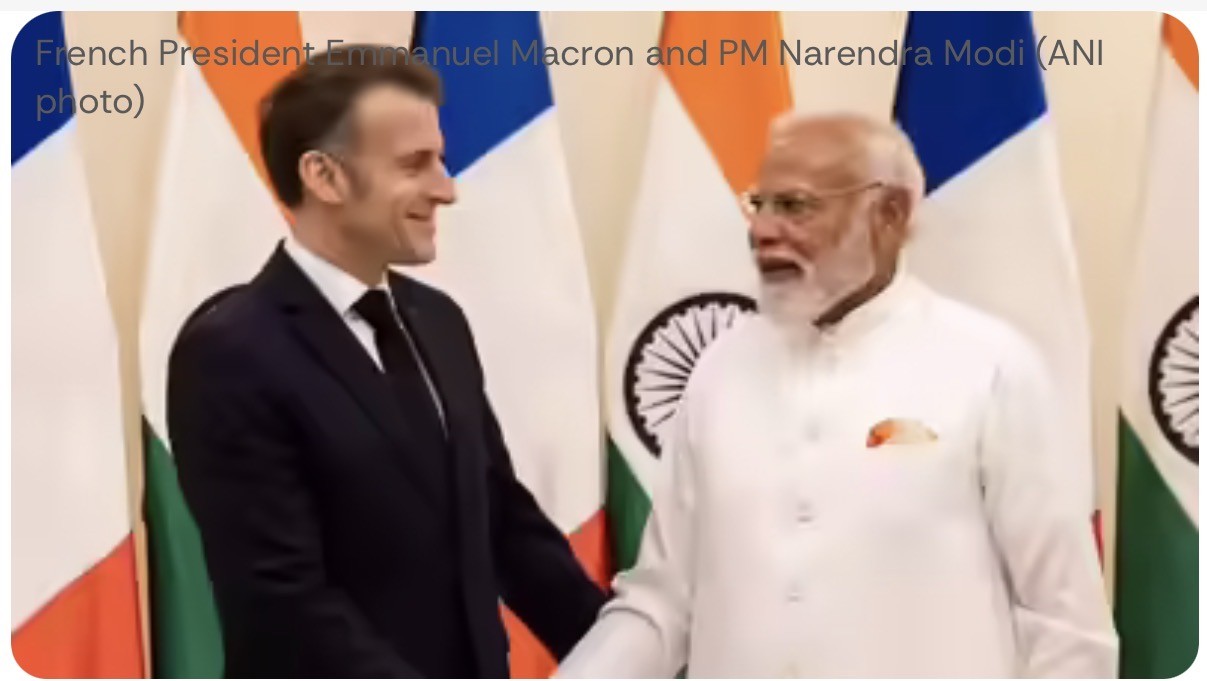 World
World
Key pacts signed as PM Modi hosts France's Macron for plane cooperation
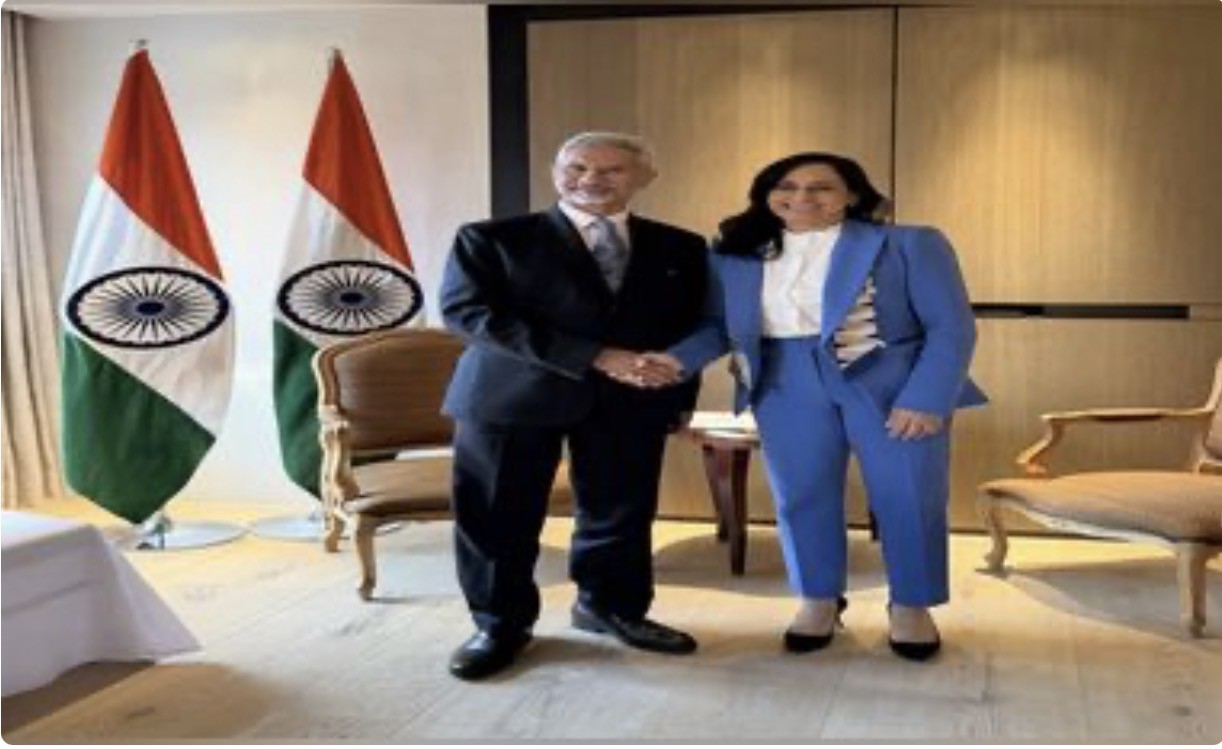 World
World
India, Canada commit to strengthening bilateral ties, discuss trade
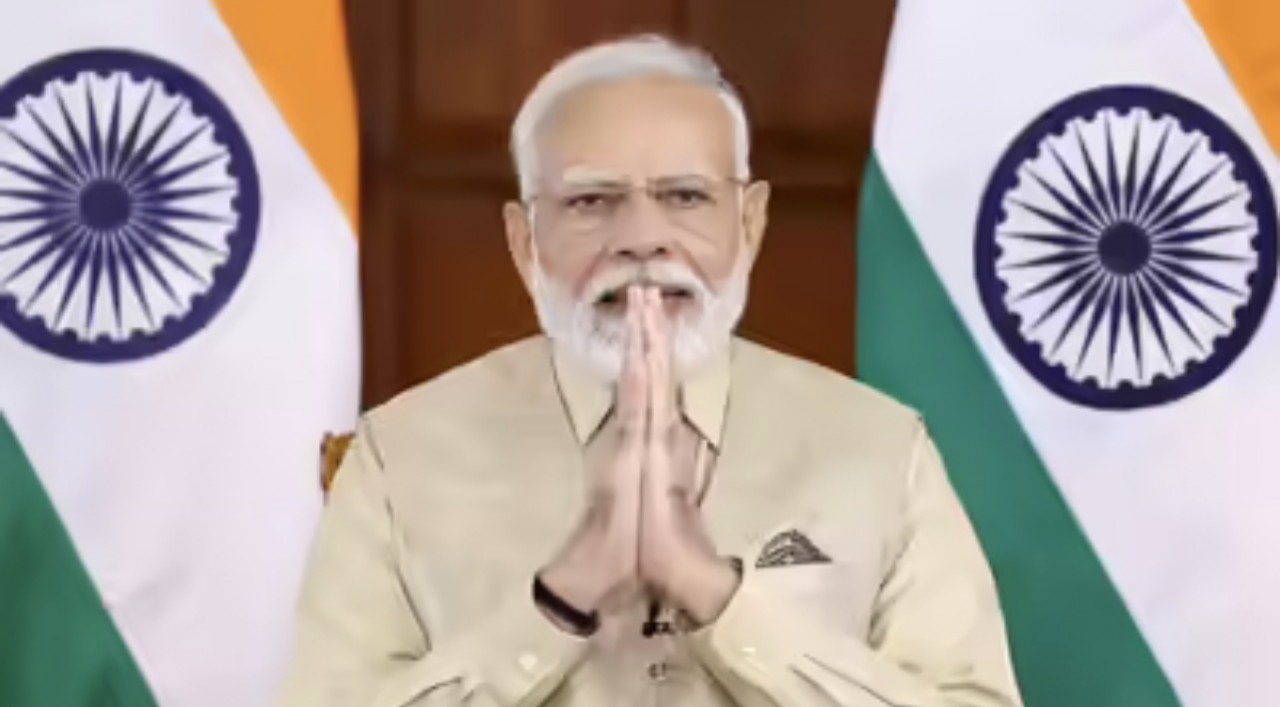 World
World
AI Summit India 2026 Live Updates: ‘Bringing the world together,’ PM Modi welcomes leaders as India hosts AI summit
 World
World
Safran ready to open India engine production in Rafale deal
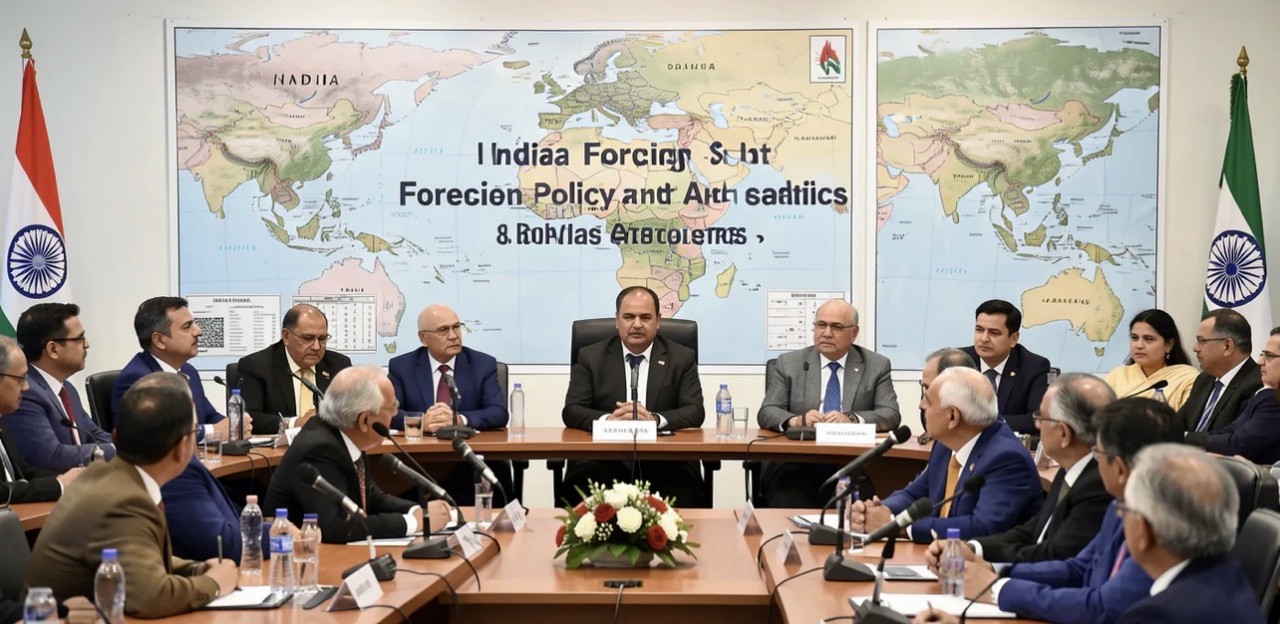 World
World
Nepal interim PM Sushila Karki thanks India for March support
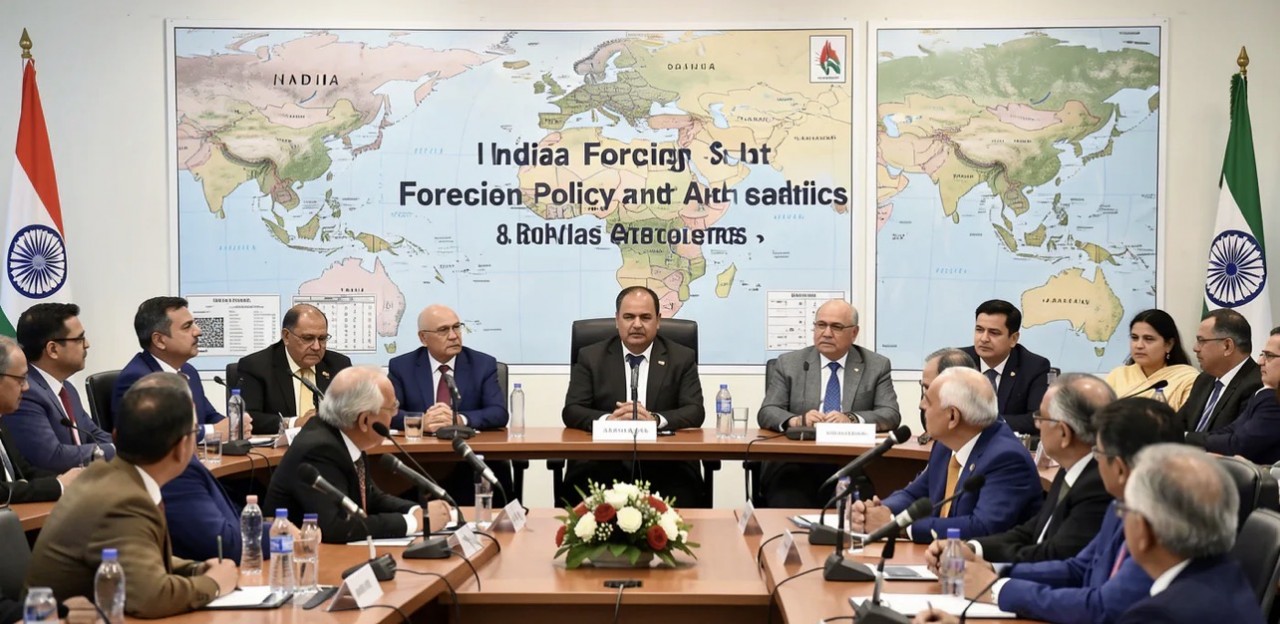 World
World

